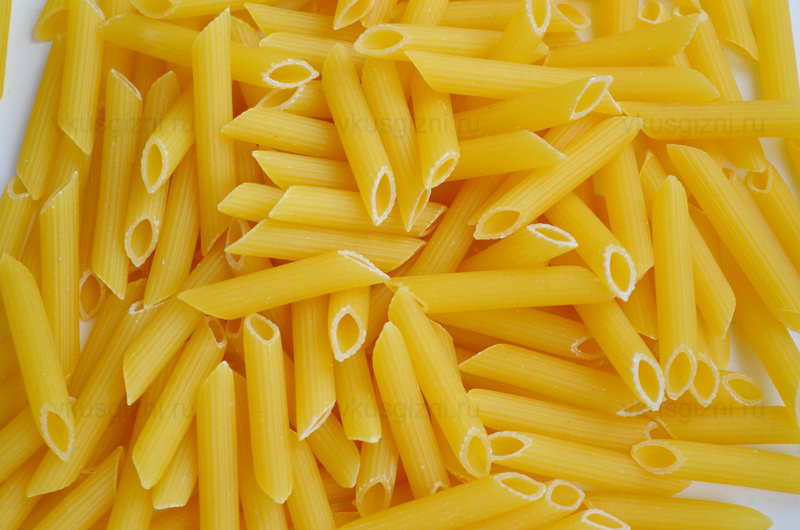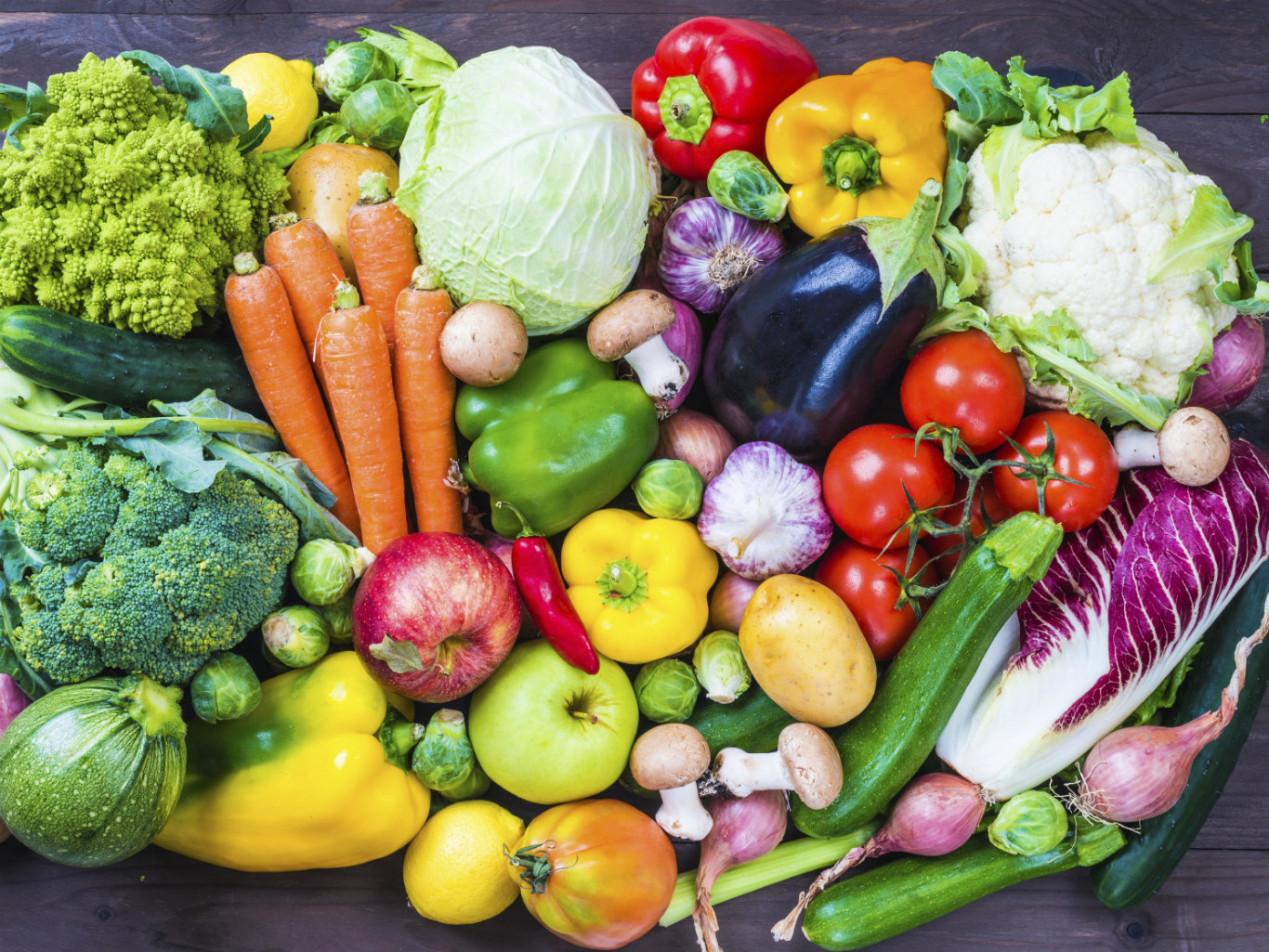Fish in the children’s diet
 Recently, an online project for parents Letidor.ru published my article about fish in the diet of children. I share this text with you, my readers. Fish and seafood is an important component of the diet of my sons. Why and what kind of fish is useful, I tell below.
Recently, an online project for parents Letidor.ru published my article about fish in the diet of children. I share this text with you, my readers. Fish and seafood is an important component of the diet of my sons. Why and what kind of fish is useful, I tell below.
First of all, not all fish are useful: many common types of fish sold in our stores and markets are not entirely safe for health, especially for children. I want to immediately draw your attention to this! Which fish is better to choose, I will tell you further, but for now I’ll briefly list why the child has fish at all:
1. Omega-3. These are fatty acids that are necessary for the functioning of our body. You can get them from food and their content is famous for fish. Omega-3 is a structural component of cell membranes, and a variety of body processes depend on the properties of membranes: the transfer of signals from one nerve cell to another, the effectiveness of organs such as the brain, heart, eyes. For example, omega-3 fatty acids help to establish communication between the brain cells, which facilitates the knowledge of the new and helps to avoid depressive states. Inadequate intake of omega-3 can cause problems such as depression, poor memory, inability to learn, dyslexia, schizophrenia, early aging, Alzheimer’s disease, degenerative nervous diseases, irritability, hostility, inattention, lack of concentration, aggressiveness.
Eating fish is more beneficial than taking drugs (capsules), because omega-3 gives the maximum effect in combination with other nutrients that fish are rich in. Here are some of them.
1. Phosphorus regulates the acid-base balance, it is necessary for the mineralization of bones and teeth. Deficiency leads to anorexia, anemia, rickets.
2. For the bone system, fish is necessary primarily as a source of vitamin D, it promotes the development of bone tissue. Its functions are not limited to this: vitamin D, in particular, is important for the prevention of type II diabetes and autoimmune diseases.
3. Vitamin A strengthens eyesight and supports the immune system.
4. Group B vitamins are rich in various types of fish, especially Atlantic salmon. The functions of vitamins in this group are so numerous that I see no reason to list them. I will only mention that B12 is necessary for the formation of new cells in the body, its deficiency can lead to the development of anemia. Wild Atlantic salmon is extremely rich in B vitamins (as well as potassium, phosphorus, copper, selenium). Carp contains less B vitamins, but is rich in chromium, cobalt and zinc.
5. Iodine is necessary for normal metabolism.
6. Selenium strengthens the immune system and protects against harmful environmental substances, such as heavy metals.
What types of fish are most suitable for children
From the diet, and especially from the child, it is better to exclude artificially grown fish. First, such a fish moves little, its fat is useless. Secondly, hormones and antibiotics are used for its growth and protection. Thirdly, the feed of these fish contains substances hazardous to humans (for example, pesticides). All this enters our body along with baked salmon or dorado.
Focus on wild fish, but choose it carefully: it absorbs toxic and radioactive substances (heavy metals and mercury), most of them accumulate in large fish (marlin, tilefish, swordfish, shark, king mackerel, tuna). Choose salmon, anchovies, herring, sardines, river trout – this fish is safer.
This fish is recommended to be consumed not more than once a month: Chilean sea bass, bluefish, sea bass, Spanish mackerel, yellowtail tuna.
Fish from this list can also be eaten in small portions no more than 6 times a month: striped perch and black perch, carp, Pacific cod, white croaker, Pacific and Atlantic halibut, lobster, dorado, monkfish, freshwater perch, coal fish, skate, snapper, gray croaker, striped tuna.
Finally, no more than twice a week is recommended to eat fish from this list: anchovy, oily fish, catfish, bivalves, crabs, crayfish, slab, haddock, hake, herring, Atlantic mackerel and Japanese mackerel, gray mullet, oysters, river and sea flounder, salmon, sardines, scallops, shrimps, sole, squid, telapia, freshwater trout, white fish, hake.
Avoid canned fish and any industrially processed fish.
How to cook fish for children
In my mobile app with recipes Live up! There is a separate category of recipes for children, so everyone who is looking for inspiration and ideas for home cooking, I invite you to download this application for your phones and iPads, and here I want to share my two sons’ favorite fish recipes.





